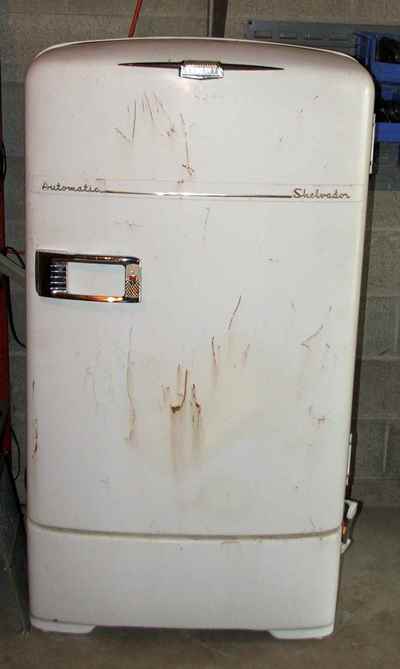News
‘Right to repair’ gathers momentum

Worn out refregrator
Imagine your newly acquired Smart television set developed a crack in its screen and stopped beaming images. The best chances of recovering your TV would depend on the ingenuity of the local technician as well as the availability of a similar TV from which an old screen can be obtained to act as a spare part for yours.
The reality is that having this come true is hard not only in Uganda but also in other countries because of deep-rooted practices by manufacturers for making most of the domestic electrical appliances hard to repair.
They do this by deliberately refusing to avail spare parts, wielding control over who repairs their appliances and for making some appliances virtually irreparable.
Fortunately, this may be about to change. An interesting movement is gathering momentum across Europe and some states in the United States to try to force manufacturers of domestic appliances such as TV sets and refrigerators to make their stuff easy to repair by providing spare parts and repair instructions.
The right to repair movement has received backing from European Environment ministers and some 18 states in the US, some of which could soon become legally binding.
The proposals is seen as helping to control climate change by making appliances last longer as opposed to being disposed of.
According to the BBC, consumer campaigners across Europe complain that the EU Commission has allowed firms to keep control of the repair process by insisting some products are mended by professionals under the control of manufacturers.
But manufacturers say the proposed rules on reparability are too strict and will stifle innovation. If adopted, the Eco design Directives or laws could have positive consequences for the developing world by stopping the flow of junk appliances, and instead create room for new more energy efficient appliances.
Outside Europe and the US where the Eco design laws are taking shape, the latest campaign could energize environmentalists and consumer protectionists in developing countries like Uganda to start to form similar fronts to demand that appliances serve their owners longer than they are currently do.
Comments

























